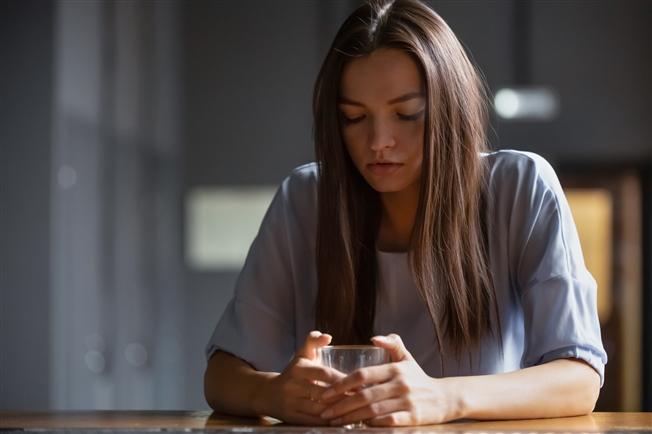Recognizing and preventing relapse during COVID-19

By: Jessica Molavi, MA, ACRPS, certified Gorski Relapse Prevention therapist at Mirmont Treatment Center, part of Main Line Health
With an emphasis on staying at home and self-isolating to reduce the spread of COVID-19, many of us are feeling lonely and missing the daily activities that connected us to each other—get-togethers with family and friends, public gatherings, support groups and even spending time in the office with colleagues.
This can be especially challenging for people who are struggling with addiction or who are currently in recovery and can significantly increase the risk for relapse. A critical aspect of recovery is staying connected to others, attending meetings and support groups, and maintaining service and active commitments to give back.
But relapse does not have to be an inevitable part of recovery; while COVID-19 has made it difficult to connect in the same way that we’re used to, there are still steps you can take to stay well and prevent relapse.
Relapse is a process, not an outcome
Relapse is often thought of as an action—someone turning to substance use after declaring sobriety. But we know that relapse does not begin at the time you decide to use. Instead, relapse is a process that begins long before that.
Relapse is a process, not an outcome. It is a series of unhealthy thoughts, unmanageable emotions, compulsive behaviors, increased stress and poor decision making. The end result of that process is becoming so uncomfortable that you believe substance use is the best solution for relief or only option available.
What are triggers for relapse?
Relapse triggers will vary for everyone. For some of us, it may be running into a friend who continues to use while others may be triggered by difficult emotions brought on by the stress of a job loss or breakup. In times like our current pandemic, a trigger can be loneliness or anxiety about what the future brings.
These situations can be stressful for anyone, but they can be especially for people who have mental health issues or a history of substance abuse. People in these groups react very differently to stress. For some, the slightest discomfort can lead them wanting to self-medicate while others can tolerate an incredible amount of stress but do not have a healthy way to cope with it and turn, instead, to drugs or alcohol.
Depending on which of those categories we fall into, our stress response can get us stuck in a place where our problems feel larger than life and impossible to handle. Feeling emotionally out of control leads to impulsive behavior and acting out—a way to chase a “high” and escape reality without using.
At this point during the relapse process, when you start engaging in unhealthy behavior or have a change in mood, chances are that the people closest to you might reach out to hold you accountable. Sponsors or mentors may suggest meetings. Friends and family may offer up time to talk to you and help you cope.
But when you’re in the middle of a relapse it’s difficult to see these gestures as well-meaning, helpful or a way out. Instead, most people continue down a path of unmanaged emotions, anger, sadness and poor behavior until it leads them back to the substances and behaviors they had been trying to avoid.
Relapse prevention and intervention
While other people can do their best to hold us accountable, your responsibility to make healthy decisions is ultimately that—yours. The next time you feel the relapse process starting to take hold in your life, stop and conduct a self-assessment:
- Are you experiencing stress and anxiety?
- If you are, what is it in response to?
- How are you dealing with these feelings, if at all?
- Are you bottling up your feelings or are you being honest?
- Are you starting to notice early warning signs that your behavior may be dangerous or unhealthy? If so, who can you call for help?
- What are some healthy and safe ways to deal with your feelings?
As we continue to face the unknown in the coronavirus pandemic, you may find yourself needing to ask these questions more frequently than usual. That’s okay! The best thing you can do for your physical and mental health is continue to check in with yourself about your mood and emotions and find healthy outlets to cope with difficult feelings.
We’ll all cope differently; while some may turn to mindfulness or meditation, others will look to exercise, gardening, cooking or a hobby that helps them de-stress and relax. Our current situation requires us to get creative and find ways to stay connected and engaged without in-person meetings. Consider attending weekly 12-step meetings, like those offered by Mirmont Treatment Center, or finding an online community to check in with every day.
Of course, even with these measures in place, relapse can still happen. If you find yourself starting to feel overwhelmed or emotional remind yourself that it doesn’t necessarily mean you will use. Instead, it means there is a reason to reach out and ask for help. Don’t think twice before reaching out to ask for help. Even as we are all apart, there is always community in recovery.
We are here to help. Call us at 1.888.CARE.898 (227.3898) to schedule a confidential appointment and ask any questions.